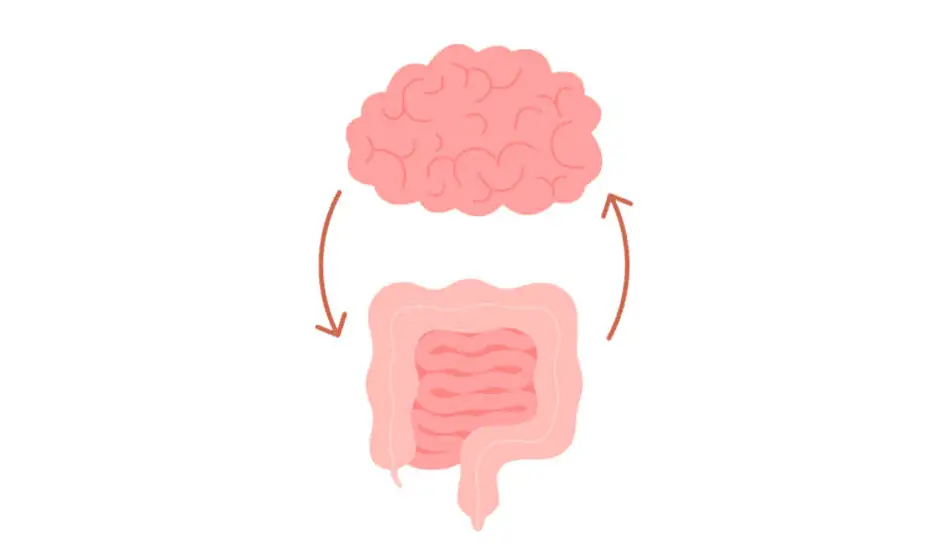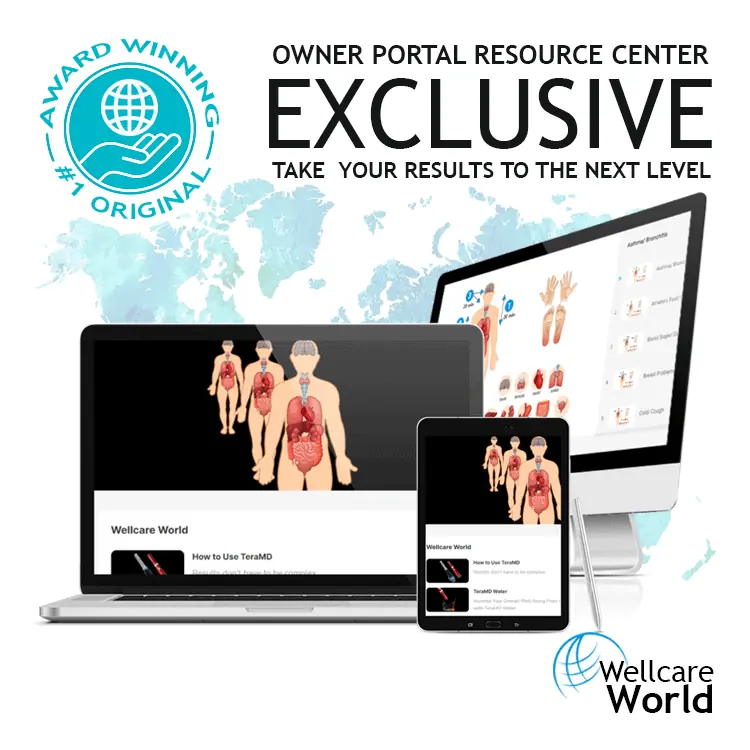
Your Attitude and Quality of Life
Is the quality of your life really impacted by your attitude? And what do the professionals say about it? Yes, cultivating an attitude of gratitude can have numerous benefits for both physical and mental health, and can be worth the effort. In today’s fast-paced and stressful world, it’s easy to get caught up in negativity and forget to appreciate the good things in life. But taking a few minutes each day to cultivate an attitude of gratitude can make a significant difference in your overall well-being.
How does an attitude of gratitude impact quality of life?
- Better mental health: A positive attitude is associated with lower rates of depression, anxiety, and stress. Optimistic individuals tend to have better coping skills, resilience, and a more positive self-image. When you focus on the positive aspects of life, you’re less likely to get bogged down by negative thoughts and emotions.
- Improved physical health: Positive attitudes have been linked to better physical health outcomes, including lower rates of cardiovascular disease, lower blood pressure, and a stronger immune system. Individuals with positive attitudes may also be more likely to engage in healthy behaviors such as exercise and eating a healthy diet. When you feel good about yourself and your life, you’re more motivated to take care of your body.
- Better relationships: Positive attitudes can lead to more positive interactions with others and stronger social connections. Optimistic individuals tend to be more outgoing, friendly, and empathetic, which can lead to better interpersonal relationships and social support. When you appreciate the people in your life and express gratitude for their presence, you’re more likely to foster positive relationships.
- Improved overall well-being: A positive attitude can lead to a greater sense of purpose, meaning, and satisfaction in life. Positive individuals tend to be more resilient in the face of challenges and have a greater sense of overall well-being. When you focus on the good things in your life and appreciate what you have, you’re less likely to feel overwhelmed by difficulties and more likely to find joy in everyday moments.
How can you cultivate an attitude of gratitude?
Cultivating an attitude of gratitude does not have to be a major effort – it can be as simple as taking a few minutes each day to reflect on the good things in life, keeping a gratitude journal, or expressing thanks to others. The more that gratitude becomes a habit or routine, the easier it may be to maintain an overall positive outlook on life. Here are some practical ways to cultivate an attitude of gratitude:
- Keep a gratitude journal: Write down three things you’re grateful for each day. This can be as simple as a good cup of coffee, a sunny day, or a phone call from a friend. By focusing on the positive aspects of your life, you’re training your brain to look for the good.
- Express gratitude to others: Take time to thank the people in your life who make a difference. This can be as simple as a thank-you note or a heartfelt conversation. When you express gratitude to others, you’re not only cultivating an attitude of gratitude in yourself but also spreading positivity to those around you.
- Practice mindfulness: Take a few minutes each day to sit quietly and focus on your breath. As you breathe in and out, think about the things in your life that you’re grateful for.
In summary, an attitude of gratitude can have numerous benefits for physical and mental health, and can be worth the effort. Whether through daily reflections or other practices, cultivating gratitude can help to promote a more positive outlook on life and may contribute to improved overall well-being.








